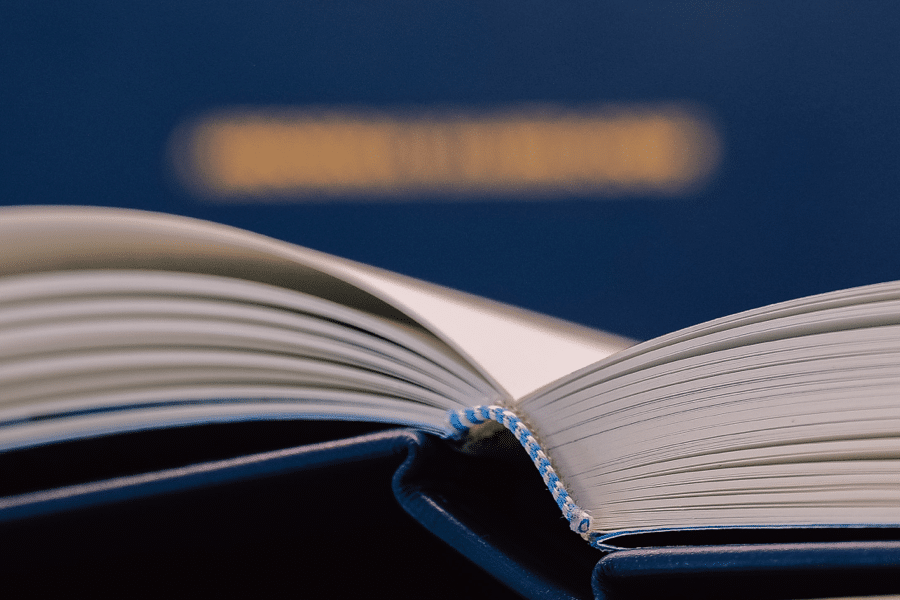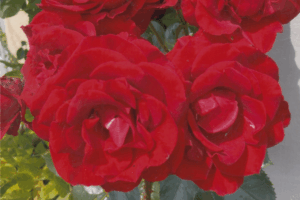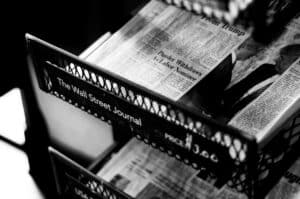Realising that the Norway she grew up in had changed greatly, Kari felt that it would be interesting for her children and grandchildren, born and brought up in the UK, to read about life in her home country before the oil industry boomed and the nation became the wealthy destination they may visit today. My Story chronicles a changing Europe, old customs, and new influences, as well as Kari’s own worldwide adventures spent with her beloved husband and two children.
Born under occupation
At the time when Kari was born in Bergen, in 1942, Norway primarily survived on fishing, shipping and some agriculture. Life was especially difficult because Norway was under Nazi occupation, something that was especially personal for those, like Kari’s maternal grandmother, who had German heritage. After a German second cousin, stationed in the area, knocked on her door one day, she left the city to live out the war on a farm in the northern fjords. She did not want to be associated with the German invaders in any way.
At the time, Kari’s parents lived in a flat at Tårnplass, in downtown Bergen. The building was situated directly above an office being used by the German consulate. This made life very awkward, as Kari’s father was working for the underground resistance movement, Milorg. What was particularly ironic was that it was in their flat that Milorg practiced using Sten guns (practising without actually firing the guns so as not to blow their cover!).
Kari’s father wanted to listen to the BBC news from the UK on the radio, but the Gestapo had confiscated all private radios at the start of the occupation in 1940. He therefore regularly cycled to a farm where a radio was hidden in the barn. It was very risky, and Kari tells how he quite often had to fling himself into a ditch to hide!
When Kari was just two years old and her mother was expecting another baby, an ammunition ship in Bergen harbour blew up. Kari, standing at the window to wave her father off to work, was hit in the face by glass as the window blew in. Kari’s mother always said that it was lucky that the baby was late, because the cot he would have been in was completely covered in glass.
Out on a trip; never in a bad mood
Like most Norwegians, much of Kari’s life was spent outdoors. Winters were for sledging, skiing and skating, while warm summers were spent swimming or out in boats on the water. On Sundays, the family went for long walks in the mountains, in all weathers, although sometimes reluctantly so! They lived by the Norwegian expression “ut på tur ikke sur”: out on a trip; never in a bad mood.
Kari’s father was especially keen on skiing, and when she was a child, her parents rented a cabin, part of a mountain farm, two hours out of Bergen. There, she learned to ski, took long walks and had happy times with her brother and sisters in the mountain air.
In wartime, the hut was used by people on the run who knew it was a safe place to stay. Sometimes, when the family went up, they could see that it had been used; Kari’s mother was once very indignant because her cardigan had disappeared!
Kari is proudly Norwegian, and one chapter is dedicated to her sense of national identity, including national holidays and traditional dress. She also tells of different cultural customs, such as Julenisse, the Norwegian version of Santa Claus. Kari also recalls that at Christmas, there were children’s church services in the afternoon followed by tea and seven different traditional types of cake. Kari’s father always read the children the Christmas story from the Bible – something she remembers being very special – after which they danced around the Christmas tree.
Correspondence with a Scotsman
Upon finishing school, Kari left Norway for Edinburgh, Scotland, where she studied occupational therapy for a year. It was during her last term that she met a young medical student, Maurice. When writing her LifeBook, Kari looked back on her letters from this time, and she remarked that she did not think her younger self seemed all that impressed by him at first! That changed, though, and Kari says that, “even to the last, my heart leapt whenever I saw him.”
Maurice joined the Royal Air Force, and after a short correspondence, he and Kari were engaged. When Maurice was posted to Germany, Kari also found a job and spent a year living there prior to their wedding in Norway in May 1964. After the wedding, the newlyweds were posted to various RAF bases around the UK.
The adjustment was difficult for Kari, especially having been so close to her parents and siblings, and she struggled with homesickness for years. Her sister later said that, for her, it was like the end of the world when Kari moved to England; the whole family were affected. Missing her family and home made Kari and her siblings all the more conscientious about visiting, and many more family get-togethers were enjoyed as the family grew.
Kari and Maurice were overjoyed to welcome their daughter in 1965 and their son in 1968, and Kari loved spending time and travelling with them as the family moved from base to base. In 1981, Maurice received orders for a three-year-long posting to Cyprus, meaning that the children had to go to boarding school, something that broke Kari’s heart.
Without the children, Kari determined that she needed to make the most of the Mediterranean, so she resumed her childhood love of crafts and became involved in archaeological digs, played tennis and squash, and took on both sailing and skiing instructor courses. She and Maurice also bought a tent and camped out around the island on weekends. When returning to England from Cyprus at the end of the posting, the children flew out to join them and the family travelled back together, overland, taking several weeks as they camped along the way.
Settling in Oxfordshire, Kari got her dream job as a relief librarian and filled her time with community events and, as ever, family. That’s the overriding theme of My Story that stands out to a reader – Kari’s love of family – and it is infused in every paragraph. Her affection for her parents, siblings, husband, children, nieces, nephews and grandchildren makes her LifeBook a joy to read, and surely they will cherish Kari and her story always.
Written by Isabella Samuels, LifeBook Memoirs editor




